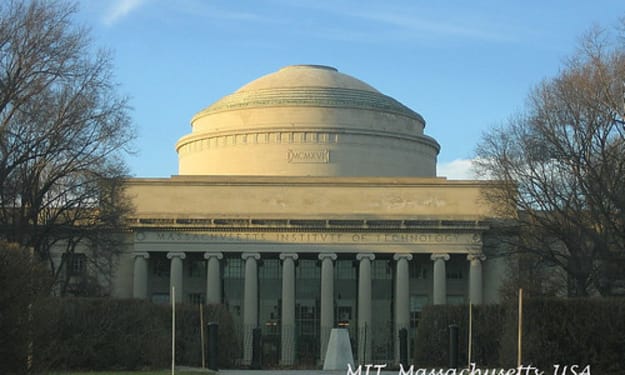Expanding Horizons
Access to Vast Educational Resources Empowering Student Learning

Introduction:
In the digital age, students have been granted unparalleled access to a vast array of educational resources, transforming the way they learn and acquire knowledge. The evolution of technology and the internet has created a wealth of educational materials that were once confined to libraries and classrooms. In this article, we will explore the transformative impact of access to vast educational resources on student learning, examining the benefits, challenges, and opportunities it presents.
1.Breaking Down Geographic Barriers:
Access to vast educational resources transcends geographical boundaries, offering students the opportunity to learn from experts and access materials from around the world. No longer limited by the resources available in their immediate vicinity, students can tap into digital libraries, open educational resources, online courses, and virtual learning platforms. This globalization of knowledge expands their horizons, exposes them to diverse perspectives, and broadens their understanding of various subjects.
2.Enhancing Self-Directed Learning:
The availability of vast educational resources empowers students to become self-directed learners. With a multitude of options at their fingertips, students can explore topics of interest independently, at their own pace, and in their preferred learning style. They can access textbooks, articles, podcasts, videos, and interactive simulations to supplement their classroom education or delve deeper into specific subjects. This self-directed learning fosters curiosity, autonomy, and a lifelong love of learning.
3.Personalized Learning and Differentiation:
The abundance of educational resources allows students to personalize their learning experiences based on their individual needs, interests, and learning preferences. Adaptive learning platforms and intelligent tutoring systems leverage data and algorithms to tailor content, pacing, and assessments to students' unique abilities and knowledge gaps. This personalized approach promotes engagement, optimizes learning outcomes, and addresses the diverse learning styles and abilities of students.
4.Fostering Critical Thinking and Research Skills:
Access to vast educational resources empowers students to develop critical thinking and research skills. Students learn to evaluate the credibility, relevance, and reliability of different sources of information. They develop research strategies, learn how to conduct effective searches, and navigate databases to find scholarly articles and peer-reviewed publications. Engaging with a variety of resources encourages students to analyze, synthesize, and apply information, enhancing their ability to think critically and solve problems.
5.Encouraging Lifelong Learning:
The availability of vast educational resources nurtures a culture of lifelong learning. Students are no longer limited to the knowledge they acquire during their formal education. They have the opportunity to continue learning long after graduation, exploring new subjects, acquiring new skills, and staying updated on the latest advancements in their fields of interest. This fosters intellectual curiosity, adaptability, and the ability to thrive in a rapidly changing world.
Challenges and Opportunities:
While access to vast educational resources presents numerous benefits, it also brings challenges that need to be addressed. Firstly, the sheer volume of available resources can be overwhelming for students. Developing information literacy skills and teaching students to navigate and curate resources effectively becomes crucial. Additionally, the digital divide and limited internet access in certain regions or socioeconomic backgrounds may hinder equal access to these resources. Efforts should be made to bridge this gap and ensure equitable access for all students.
Promoting Responsible and Ethical Use:
As students navigate vast educational resources, it is important to instill in them a sense of responsibility and ethics in their usage. Students should be guided on how to respect copyright laws, cite sources appropriately, and avoid plagiarism. Educators can play a vital role in teaching digital citizenship and promoting ethical practices in research and information consumption.
Collaboration and Knowledge Sharing:
Access to vast educational resources enables collaboration and knowledge sharing among students. Online platforms, discussion forums, and social media networks facilitate peer-to-peer learning, enabling students to share resources, exchange ideas, and collaborate on projects. This collaborative environment fosters a sense of community, encourages teamwork, and enhances the learning experience through collective intelligence.
Conclusion:
The availability of vast educational resources has revolutionized student learning, offering unprecedented opportunities for exploration, discovery, and self-directed education. Through breaking down geographic barriers, personalizing learning experiences, fostering critical thinking skills, and promoting lifelong learning, access to these resources empowers students to become active participants in their educational journey. Educators and policymakers must address challenges such as information overload and unequal access to ensure that all students can reap the benefits of this digital revolution. By embracing and leveraging these resources responsibly, students can unlock their full potential and thrive in an increasingly knowledge-driven world.






Comments
There are no comments for this story
Be the first to respond and start the conversation.